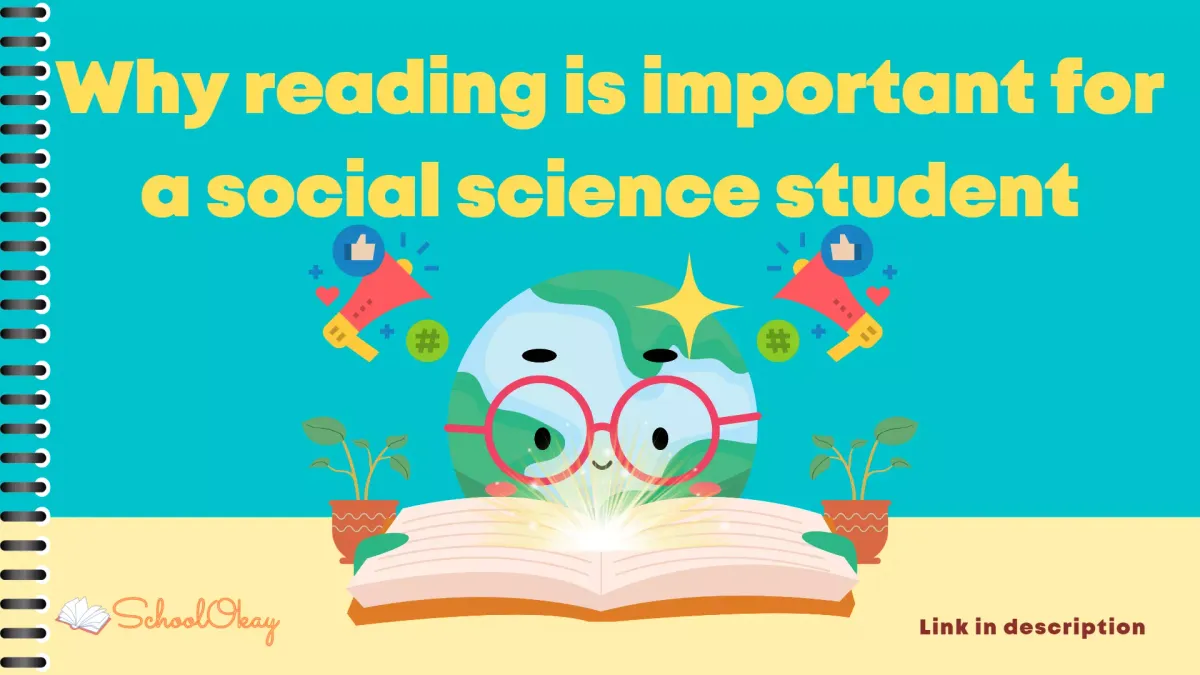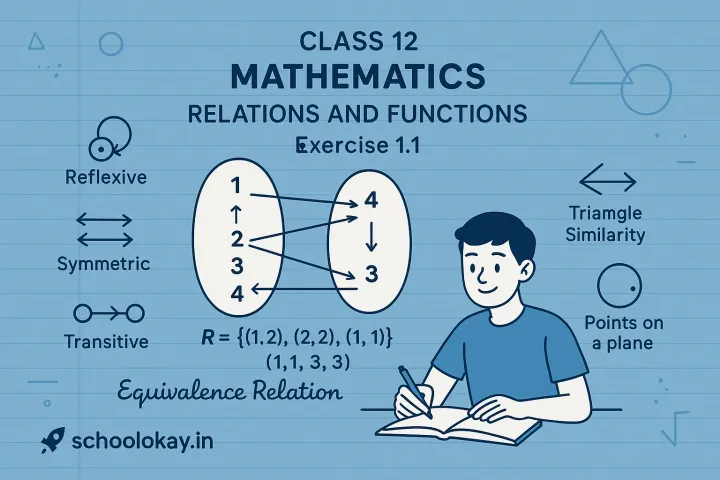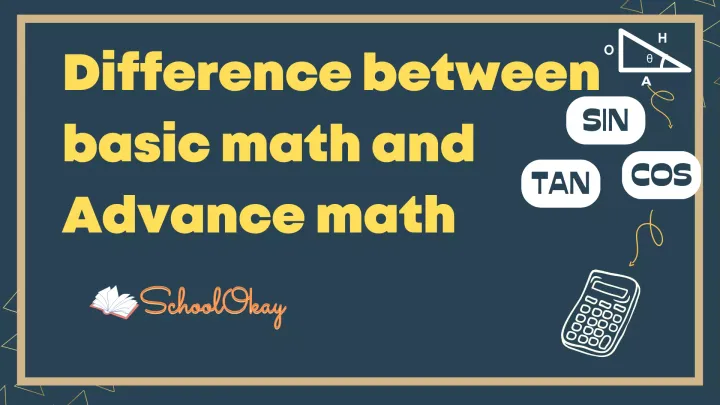Why reading is important for a social science student
Students must have reading habits because reading is essential for knowing things here are why reading is important for a social science student

Many times our teachers and elders have emphasized on us reading a lot of books. But we often ignore this advice or just casually read a few pages of a book and then keep it away. Reading is a habit everyone should develop, and it is what all of us would have heard in one way or another. When we sit and contemplate it, we realize that reading is worthwhile, and we should invest our time doing it.
It is true, however, that reading is a habit one should take up as it has numerous benefits. And don’t forget, and a book is your best friend! We must also consider that reading does not only mean reading books but applies to other sources for gathering information. In this technologically advancing world, the reading material is not only limited to books anymore but includes various blogs and even social media handles.
While coming across this article, you may think that if reading is so beneficial, then why the misleading title? Let me be clear that reading is a limitless activity, not bounded by anything. Still, this specific article focuses on how reading is specifically beneficial to social science academicians. So, let’s explore!
Reading helps with Updating the current knowledge
As social science students in their secondary classes or graduates, they are constantly required to keep themselves updated on the recent issues and development happening in and around them. This means they have to keep track of all the proceedings and developments otherwise, their existing information would be invalid or outdated.
Reading is something that would help the students here. Newspaper reading can also build up a thorough knowledge of current affairs. Another way of doing this is to keep track of weekly journals and magazines like the Frontline and the Social Scientist that give overall fortnightly or periodic information on the developments.
You may also want to read blogs or news apps that help you gather more content knowledge.
Reading provides clarity about events AND people
The best way to build upon knowledge is to read your way into the topic or subject matter that requires your attention.
For example, the UPSC preparation requires a thorough understanding of the topics given in the syllabus. One way students approach this is by reading NCERT textbooks, which builds a base for them to work on.
So, at this point, the learner has a strong foundation built into understanding the basic concepts. The next stage is to move on to the standard books like:
Thinking on a smaller level, school students may or may not choose to go for these advanced books, but they may start to read books that are suitable and apt to the courses they are currently taking.
This may include extended reading material like if one is studying the communist regime, then the student may take up a book by Karl Marx to understand the basic concept of communism through the perspective of the visionary himself.
A student of class 8 may not be fully aware of the phenomena that cause the geomorphological processes. Still, he can surely take up reading material that would supplement the textbooks provided. The idea is to have a clarity of concept and then build upon the existing knowledge to learn and know further in an academically advanced manner.
Reading helps to build perspective
Looking at the conditions that demand a social science student to be well-versed in current affairs, we understand that it is really important to have an idea about the situation from a broader perspective before we take a particular side. Often in political cases, one is forced to take up or support a picture belonging to a specific section of society or group.
In this case, a lot of reading material might be available through various sources, including social media, which means that even misleading information may exist among the open public. So, this may also be why one should read a lot! To understand what is right and what is wrong.
When we do extensive reading, we understand the problem from different, often contrasting, perspectives and try to find a solution to the problem altogether.
Reading helps in Analyzing the situation
We may have biases about something and maybe even thrive on wrong information. What reading does gives an in-depth account of the topic or content that the learner has decided to explore.
What happens here is, with the quality and quantity of material available, the learner starts to compare and differentiate among the material and begins to judge the content provided. What happens here is not only contrasting but creating a chain of thoughts in their mind and giving them space for new thoughts and ideas to stop it.
Such a process requires higher-order thinking skills and critical thinking abilities, which are used here and developed in the process. As we move through the vast material available, we understand what suits us best and set a criterion for ourselves to read upon.
As the reader goes through every possibility and perspective, he begins to develop the habit of analyzing what he is reading. This proves highly beneficial as it gives the learner his ideology and awareness. The subjects of social sciences demand this awareness from the learner.
Reading helps with Exams
It is for sure that reading increases knowledge. And this knowledge can be utilized in many ways. The most sought is reading for exams.
As I mentioned in the example of UPSC exams above, learners often read the most while preparing for exams, be it competitive exams like JEE and SSC or the board exams themselves. We have all seen students solving problems from various books and studying from numerous guides.
As the student reads about current affairs and ongoing conditions in the country and the world in general, what one gets is the numerous examples and incidents to mention and cite in their answer scripts, especially in subjects of social science where, as stated before, the demand is to be aware of the current scenario all in terms of culture, society, economy and politics.
Conclusion
Reading is an important activity for students. The more one reads, the higher he thinks. And this thinking is what is most required of us.
We act and speak without analyzing the consequences or researching the topics we stand for. Reading helps us to self-introspect and question the fundamental values that we believe in. As a student of social sciences, the most fundamental thing we are required to do is to assess the principles of how society works, and we as humans are responsible for making it better.
Also read:
Best sample papers for 12 art board exams.
How to check CBSE board exams result.
Share and subscribe to the blog by email.




Comments ()